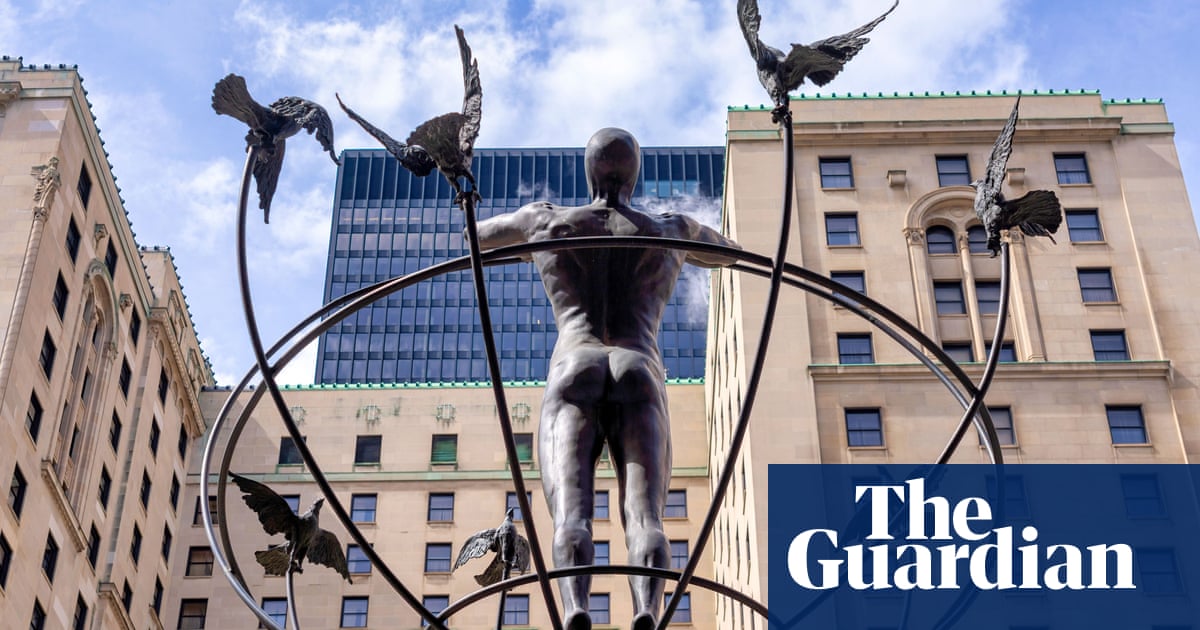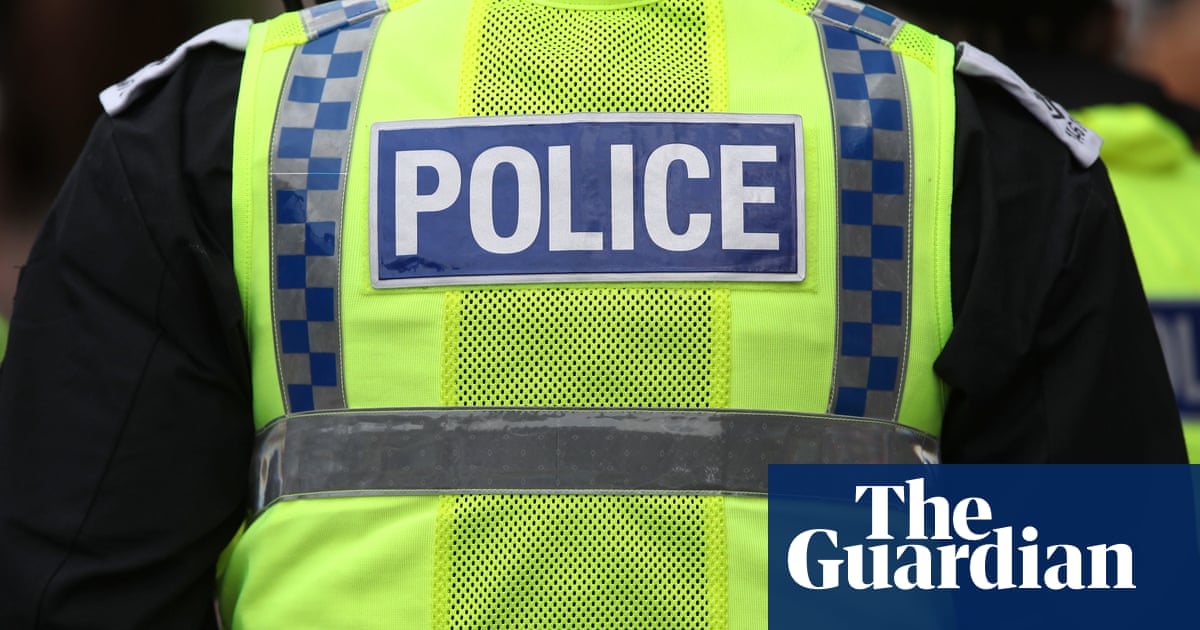
Three lawyers are said to be recovering after being assaulted by police in the wake of protests in the Tunisian capital on Saturday.
According to the Tunisian Bar Association, Yassine Azaza and Rahhal Jallali were attacked by officers while they were making their way home after the demonstrations in Tunis. A third lawyer, Abdennaceur Aouini, was photographed surrounded by police officers in the city’s main street.
Large crowds of young activists and union members negotiated police checkpoints and roadblocks to demonstrate against the security services, as well as mark the assassination of Chokri Belaid, a leftist opposition leader, eight years ago.
Saturday’s protests were the latest in a series of demonstrations since mid January. Tunisian police appear to have been targeting protesters and activists in response to the “humiliation” the police unions claim members experienced during a previous protest when activists threw paint at police lines and posed for images in front of officers holding riot shields.
Serving officers and social media accounts linked to unions appear to have been threatening protesters photographed at previous demos.
A Facebook spokesperson said the company had taken down some of the threats: “Keeping people safe is something we take extremely seriously and it is against our community standards to share personally identifiable information about others when it could lead to physical harm. In this case, we have removed a number of pieces of content for breaking these standards, including our rules on bullying and harassment.”
Tunisia’s police are said to have arrested more than 1,600 mostly young people for their part in the unrest. According to the Tunisian Human Rights League, many were minors, with a large number allegedly denied medical attention after having been beaten by police. One young man arrested in the coastal town of Monastir required emergency surgery on his genitals after what his lawyer claimed was torture in police custody.
Encouraged by many of the civil society groups that now resist them, Tunisia’s security sector trade unions emerged after the country’s historic revolution of 2011, with the initial aim of securing rights denied to officers under past autocracies.
But the unions have been accused of having gone to extraordinary lengths to protect members’ interests. In addition to the targeting of protesters, this is said to have included the manipulation of evidence after an alleged assault on a lawyer by police officers and the storming of a court after the trial of five colleagues who had been accused of torture.
Tunisia’s protests earlier in the year against high unemployment, especially among young people, appear to have largely petered out. In their place are larger-scale protests by established civil society groups, decrying police violence while calling for the overhaul of archaic drug laws and greater protections for sexual minorities.
In a meeting last week with security chiefs, Hichem Mechichi, the prime minister and acting interior minister, appeared to offer support for the police tactics.












